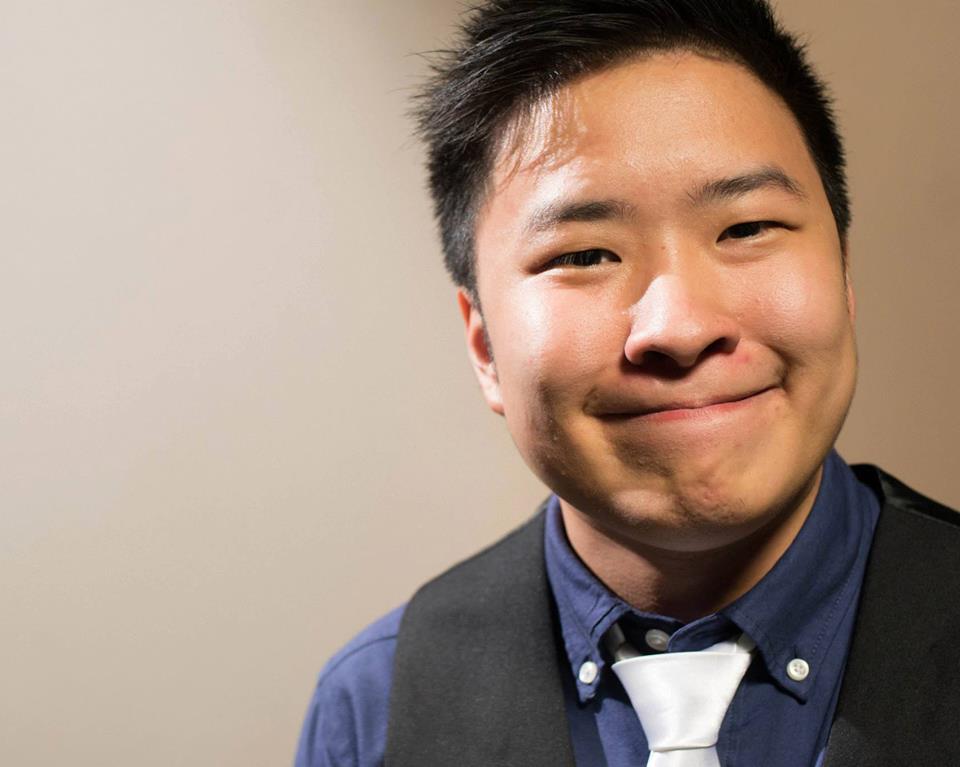Interview conducted by Sing Rue, Change Maker
Christopher Khor is a transgender man who has been making headlines in Singapore with his upcoming documentary “Some Reassembly Required”. The film will document his reconstruction and is the first film on transgender men in Singapore. His team raised over $14,000 through crowdfunding earlier in the year for the documentary. We talk to Chris about his thoughts on transgender visibility in Singapore, and globally, gender diversity and what we can expect from the film.
Sing Rue: Can you tell me more about some of the misconceptions you intend to address in this documentary? What are some of the important things people need to understand?
Chris Khor: I think the biggest misconception about transgender people is that people can’t be transgender and gay/lesbian. I get that it’s confusing – I’ve had trouble explaining it to my family members myself. But it’s important to know that being transgender relates to your gender identity, and gay to your sexual orientation, so they’re very separate things. As for me, I identify as a straight transgender man.
SR: Recently, transgender women such as Laverne Cox are gaining visibility, but not so much for transgender men. Why do you think this is so? How do we bring about greater visibility for transgender men?
CK: I think the reality is that transgender men often can fade into the shadows. A lot of transmen that I know do not want to seen. Transmen are men, but there is still a lot of workplace discrimination, and there’s always that fear that someone will view you differently. I think the best way to bring about visibility is to create a safe environment in which they are willing to not be stealth, without having to fear jaundiced eyes and discrimination. Of course, then it’s up to them.
SR: As a gender non-conforming person myself, I am incredibly grateful to you for coming out in such a public way to share your story. What prompted your decision to do so? How is the response so far and how do you feel?
CK: We decided to make this documentary after a chance encounter with a transgender man in San Francisco. Geraldine tells this story better, but in essence, he was the first transgender man I’d met in person. And he’d just gotten married, and his wife is lovely. I think it gave me the first semblance of the life I could live, and that was encouraging to me on a personal level.
After that, Geraldine and I began talking a lot more about what being transgender meant to me, and we realised we had a great story. Still, it took me months after that to agree to being the subject of my own film!
It’s a privilege to be in this position, to educate and bring hope. The response has been overwhelming. I’m incredibly thankful for everyone’s support. But the best part has been getting messages from other transguys, looking for advice and sharing their experiences. It’s so important that we start to build a community that isn’t afraid to reach out to one another, especially since it’s so much easier to just “be stealth”.
SR: You seem to be very comfortable with your gender identity and who you are as a person. Is there anything you would recommend to people who are currently struggling with their gender identity and are not in such a good place as you are?
CK: Oh, it helps that I’ve always known I was a boy. There was never any doubt in that regard. I struggled a lot with not being able to accept the body that I have, even after surgery. The best advice I have, in this regard, is that you are bigger than your body. That your soul is more valuable that anything that people see. And you deserve to be loved. That’s going to sound cheesy, but it’s true. Sometimes, that self-love is the only thing we’ve got.
SR: There are some who have come to a place of self-acceptance with regards to their gender identity, but still face opposition from society. Do you have any advice for them? What were some support systems you had that helped you?
CK: I was very fortunate to have the support of my lecturers when I came out in university, and when I worked at a cafe when I was younger. I’ve found that support tends to spill down from the top. A lot of it, I think, is knowing your own worth, and realising that you can walk away from people that don’t treat you with respect. I’ve found that some of these relationships can be unhealthy, like tumours, and you should get rid of them, like…tumors.
SR: What steps do you think we need to take as a community to continue an open dialogue about gender identity, diversity and acceptance? What are some actions we can take as individuals for positive change?
CK: I think we need to talk to each other, instead of talking at each other. Dialogue can only be had if people are listening, and respectful. This applies for communities and individuals. Be kind. Give more love. Be slow to respond in anger. Be willing to talk, to understand different perspectives, and do not fear being wrong. This all sounds extremely airy fairy but it’s true. When we see each other as humans, rather than labels, then the world will be a happier place.
So, to put those things into practice: be respectful when talking to others. Make no assumptions because of people’s labels. Understand that everyone is different, and that’s okay. These are not battles to be won – these are people to be loved.
SR: I can’t wait for your film to be completed! In the meantime, do you have an exclusive teaser to share with those of us who just can’t bear the wait?
CK: We’re in the early stages of production, so we’ve just started lining up interviews. Look forward to our web content though! It’s mad season at work, but we’ll have a video going up pretty soon!
—–
Check out more information on Some Reassembly Required here: http://www.somereassemblyrequired.com/
‘Like’ their Facebook page to get more updates here: https://www.facebook.com/somereassemblyrequired
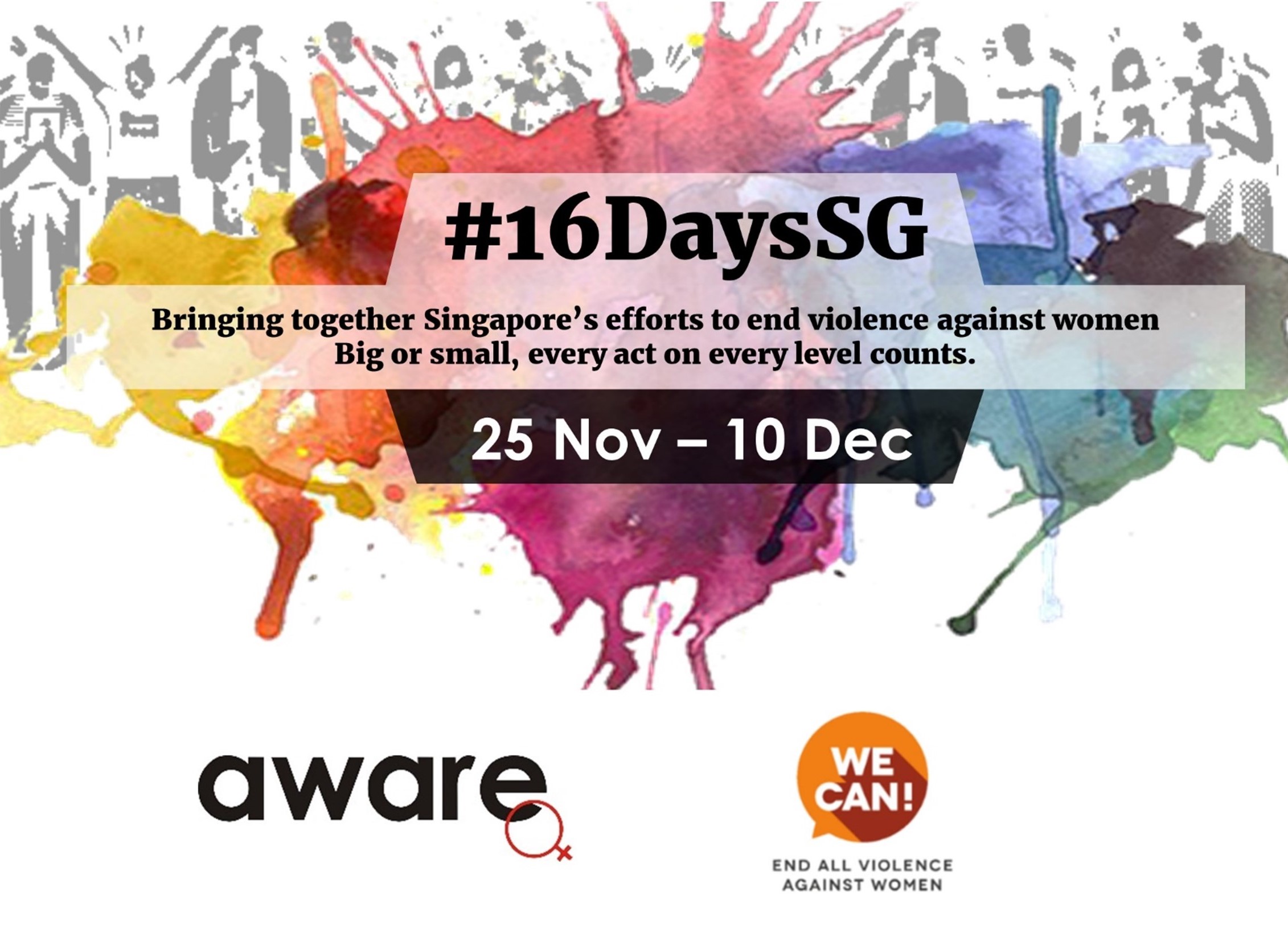

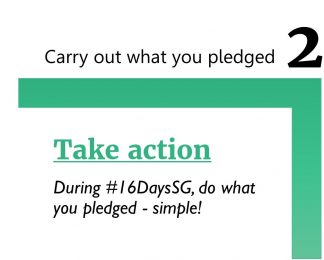
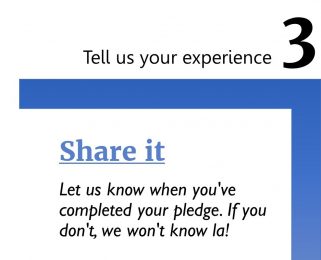
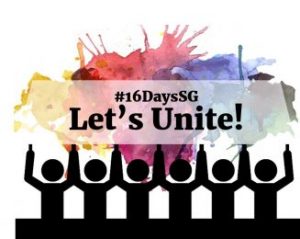






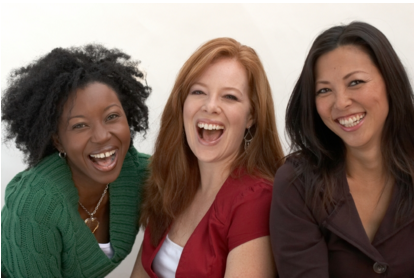
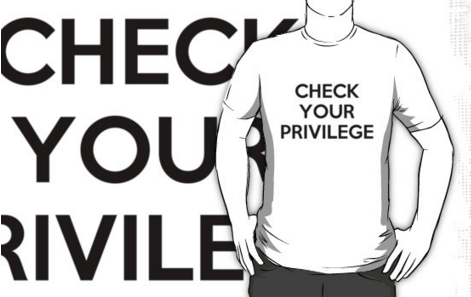

 few Sundays ago, I watched the recently released Vacation. The movie is about a family in the U.S. who, in an attempt to revitalise their annual family summer vacation, decide to go on a road trip to the father’s childhood vacation spot, the fictional amusement park ‘Wally World’.
few Sundays ago, I watched the recently released Vacation. The movie is about a family in the U.S. who, in an attempt to revitalise their annual family summer vacation, decide to go on a road trip to the father’s childhood vacation spot, the fictional amusement park ‘Wally World’.

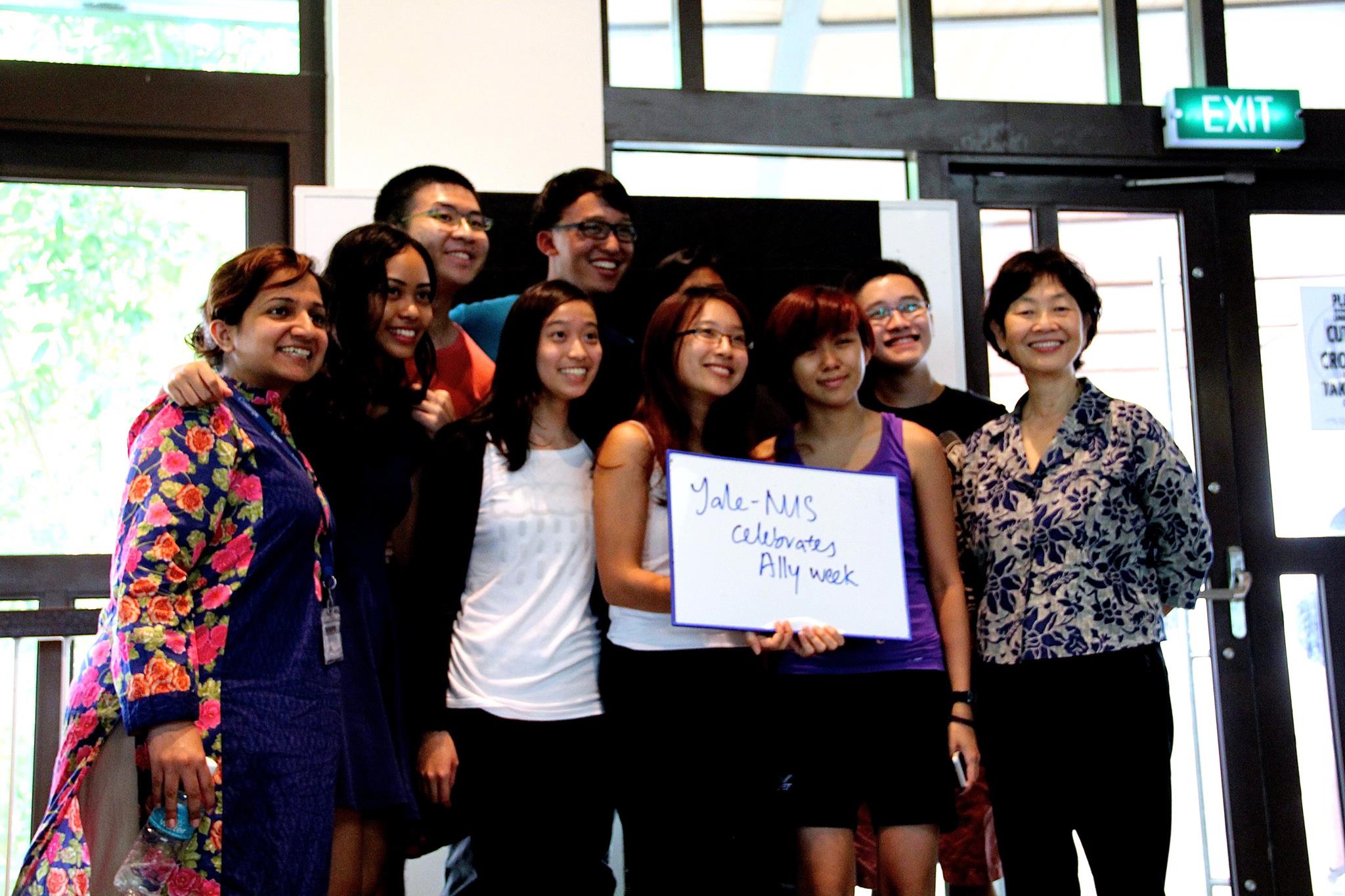
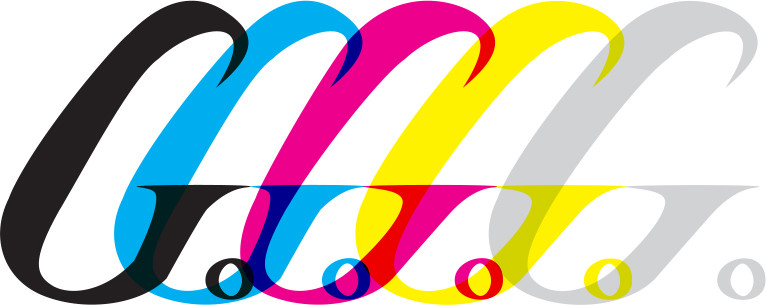 What do you do, personally, to start change?
What do you do, personally, to start change?



